 |
| February 26, 2020 |
Dear Reader,
I'm associate editor for sustainability Andrea Thompson, and I'll be filling in for Sunya Bhutta today. We have more news on the novel coronavirus, including a chat with health security expert Caitlin Rivers on what measures communities in the U.S. might take now that the Centers for Disease Control and Prevention considers it likely that the virus will begin to spread here. Individual actions can be as simple as washing your hands and staying home if you feel ill. |
| |
 |
| |
| |
| |
| |
| |
| Behavior & Society A Vision of AI for Joyful Education Here's how we can avert the dangers and maximize the benefits of this powerful but still emerging technology | | By Chris Piech,Lisa Einstein | | | |
FROM THE STORE
 | | The Rise of Humans Of all the species on Earth, why did ours rise to dominance? Previously, scientists thought many uniquely human traits resulted from sudden or brilliant adaptations, but new discoveries point to gradual processes that involve biological and social factors. In this eBook, we examine recent research on the origins of human cognitive abilities, ingenuity, language and culture as well as the advances opening doors to new hypotheses. |  | | |
| |
FROM THE ARCHIVE
 | | | |
LATEST ISSUES
 |
| |
| Questions? Comments?  | |
| Download the Scientific American App |
| |
| |



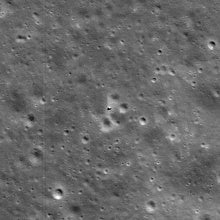




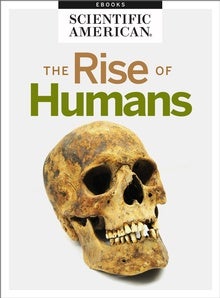


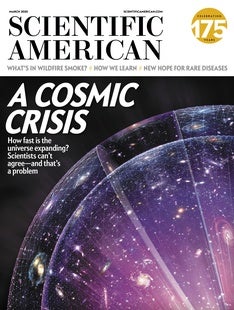

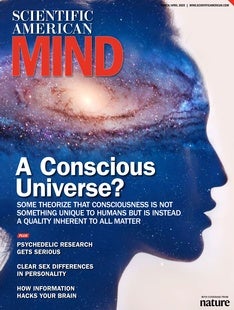
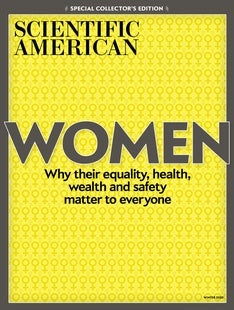
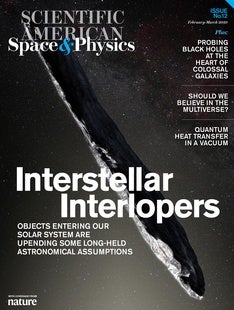



Comments
Post a Comment